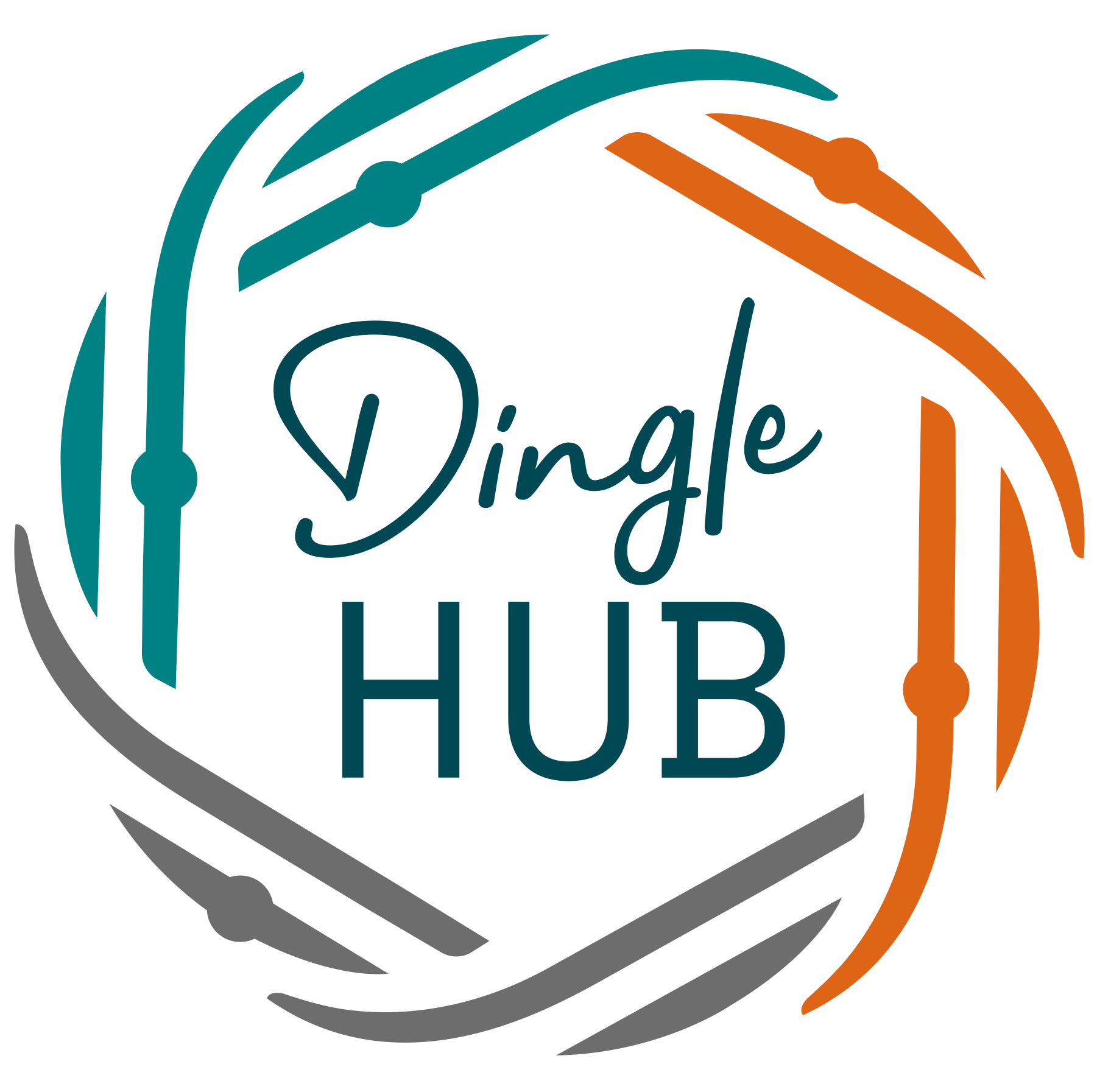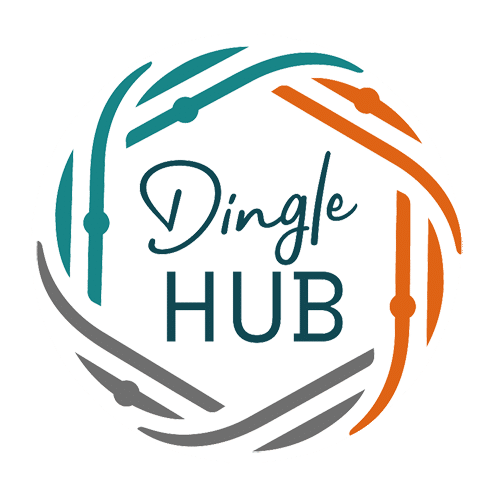Overview
Our sustainability initiative is titled Dingle Peninsula 2030, and the aim is to move toward a more environmentally and economically sustainable future on the Dingle Peninsula. We want to be forward-looking, transitioning our beautiful peninsula into a low-carbon society for both the good of the planet, and to get ahead of laws and regulations we know are coming.
And of course, reducing energy demand and using local renewable resources also saves costs — potentially as much as €8 million on the Dingle Peninsula.
We’re currently working on projects in four different areas:
Read:
- Challenges and Proposed Solutions (April 2023) [PDF]
- Reflections on the Engaged Research Approach in a Regional Sustainability Transition: Dingle Peninsula 2030 (April 2023) [PDF]
- Making It Happen (April 2022) [PDF]
- Dingle Peninsula 2030 and the Diffusion of Sustainability (December 2021) [PDF]
- Lessons Learnt and Recommendations for Policy and Practice (November 2021) [PDF]
- Evidence-based Community Planning on Corca Dhuibhne (June 2021) [PDF]
Watch on Youtube:
Climate Action Plan Submissions
National
In April 2024, Dingle Hub submitted comments to the national draft climate plan strategy. Our submission offers insights and recommendations on financing climate action within local communities that we hope will be incorporated into future revisions of Ireland’s Climate Action Plan.
Read:
Submission by Dingle Hub to the Public Consultation on Ireland’s Draft Climate Action Plan 2024 [PDF]
Local
In 2023, Dingle Hub made two submissions to Kerry County Council on its Climate Action Plan. Our initial submission contained detailed recommendations that stressed the following points:
- Climate change and biodiversity loss are existential challenges that require strong, visible and ambitious leadership from Kerry County Council as well as urgent, sustained action from the whole of society on an unprecedented scale.
- The Council must partner with, work with, and fully resource local communities so they can do what is required.
- An ambitious vision is needed to make County Kerry “nature positive” (or “carbon negative”) and, in the process, develop new economic and business opportunities in the county.
- The climate action plan should draw upon the Irish language, poetry and culture to frame the narrative and connect with local communities.
Our follow-up submission addressed concerns with some of the Council’s priorities, including:
- Guidance Discrepancies: The Local Authority Climate Action Plan Guidelines emphasize local leadership in climate action. However, there are inconsistencies between the guidelines’ ambitions and the practical implementation observed in the draft CAPs. These inconsistencies position Local Authorities as a bystander, e.g., only taking responsibility for 0.2% of total GHG emission reductions in Co. Kerry.
- Limited Accountability: The current guidelines confine local authorities to primarily internal actions, absolving them of shared/joint accountability for broader community climate initiatives. This narrow scope inhibits meaningful contribution to emission reduction targets, shifting significant responsibility to communities and central government.
- Lost Opportunity for Local Leadership: The guidelines inadvertently limit local authorities’ potential to assume a leadership role in addressing climate change and biodiversity loss. This stance reduces opportunities for local authorities to demonstrate proactive involvement, leading to potentially adverse impacts on affected communities.
- Lack of Comprehensive Actions: The CAP lacks specificity, failing to outline SMART (Specific, Measurable, Assigned, Realistic, Time-bound) actions necessary for achieving the targeted 51% emission reduction by 2030 and implementing adequate mitigation and adaptation measures. The financial and human cost of failing to act will be far greater than upfront investment in SMART actions now.
- Inadequate Response to Risks: Despite identifying key climate risks like flooding, coastal erosion, and severe windstorms, the CAPs fall short in proposing comprehensive actions, relegating the local authority’s role to a mere facilitator rather than a proactive participant in managing these risks. Without local leadership there is a risk of insufficient and delayed action, leading to severe climate impacts on local communities.
Read:
Our initial submission on the Kerry County Council website
Our follow-up submission outlining additional concerns [PDF]
Local Input
We’re continuously checking in with the community for their views, opinions and advice, and have captured these insights in stakeholder feedback cards.

